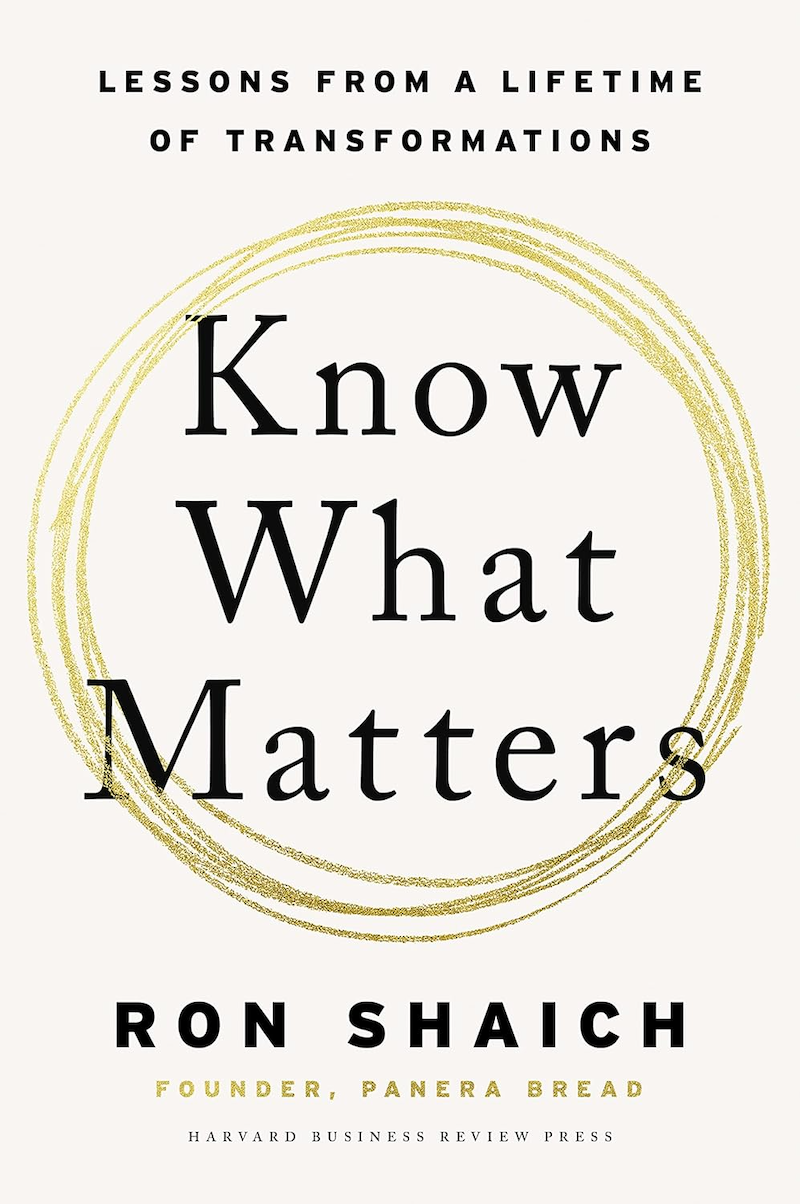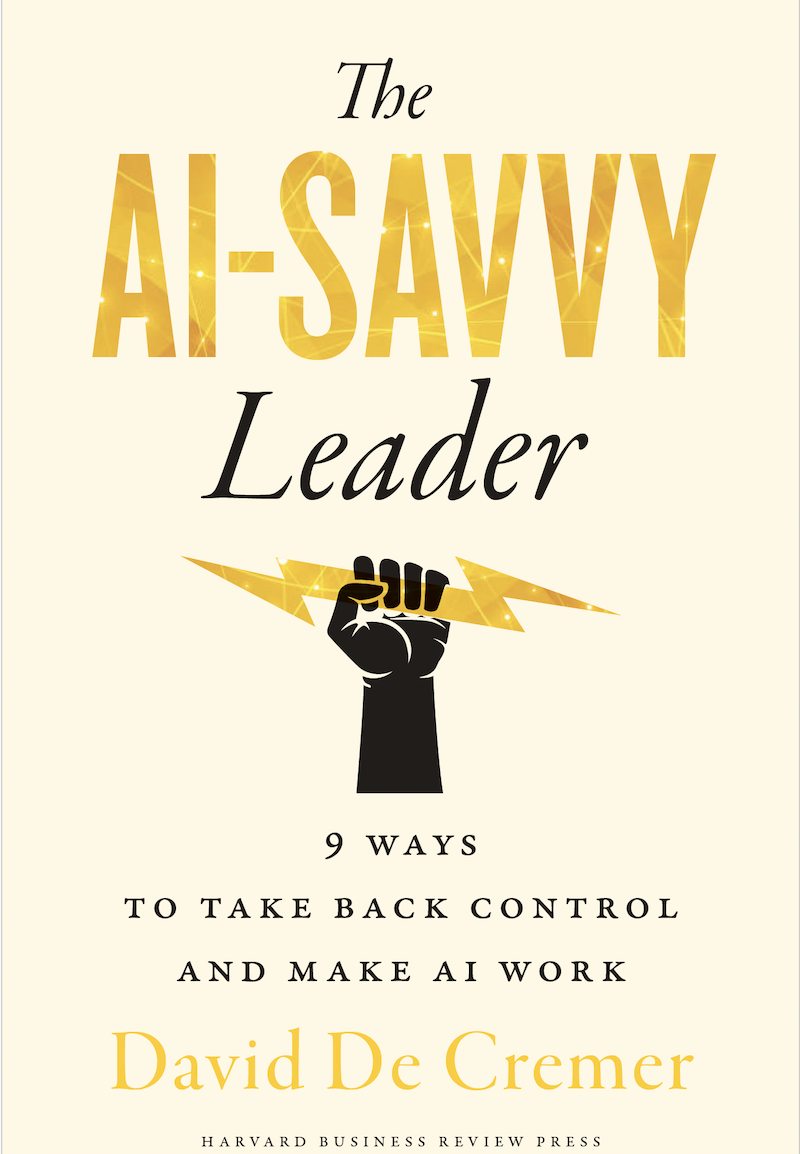Book Brief: Know What Matters
Know What Matters tells the story of Panera Bread through the eyes of founder Ron Shaich. Along the way he shares the many lessons learned. He boils down the essence of his and the company’s success to: tell the truth, know what matters, and get the job done. Know What Matters is a fun story to read that happens to teach important lessons for business leaders. It deals with issues from all phases of business life: startup, rapid growth, reigniting growth, and sale/exit.
While Know What Matters is full of business lessons, it is more reflective and philosophical than most. The first chapter begins with the sentence “I learned the most important lesson of my life as my father’s life came to its end.” That lesson, learned from both his parents, is “Take the time now, while you still have a runway into the future, to determine whether you are living a life you will respect. Don’t wait until the end.”
The author is an entrepreneur, and as most entrepreneurs can relate, “living a life you will respect” translates into building a business that makes a difference in the lives of those you serve. Through that process, your business comes to reflect your values and your passions, and your identity and your life are intimately tied up in your business. That’s what makes walking away so hard. As I work with business owners, it is hard, but necessary to prepare the business to survive without them, and for them to build a life beyond the business. Sure, we work to make the business worth as much as possible (probably not the $7.5 billion Panera was acquired for in 2017), but the more important work is helping the business operate well with or without the owner/founder and vice versa.
In between the personal notes in the first and last chapters, the author introduces the philosophy that shaped the many decisions he describes throughout the book. In the preface, he identifies three things as the “secret of [his] success”: 1. Tell the truth. 2. Know what matters. 3. Get the job done. I think of these as acting with integrity, managing strategically, and operating excellently. In the first chapter, the author introduces a theme that he returns to frequently throughout the book which he calls managing future-back, defined as “discover today what will matter tomorrow, and then bring what matters to life.” This approach, strategically managing with the end in mind, served the author and his company well throughout his time at the company that became Panera Bread.
Know What Matters is made up of 31 chapters, a Preface, and an Epilogue over 237 pages. Each chapter is a story and the length of the chapter varies, depending on how long it takes to tell the story. The author breaks these stories into three parts reflecting different phases in the company’s journey: Living the Entrepreneurial Life, Leading a Large Enterprise, and Driving Large-Scale Transformations. The title of the closing chapter in each part reflects the author’s personal/philosophical approach to telling the Panera story: “Business (and Life) Requires Hard Choices”, “Business is Personal”, and “Know When to Sell”.
Know What Matters tells the author’s personal story from his first entrepreneurial venture through completing the largest sale of a restaurant business in history. Along the way, he shares the challenges he faced, the lessons he learned, and the keys to his success. He does so with humility, transparency, and candor. The book is well written, engaging, and helpful. Entrepreneurs and business owners will especially resonate with, and likely learn from the journey. I highly recommend Know What Matters to anyone leading (or wanting to lead) a large business.
Book Brief: Know What Matters Read More »




